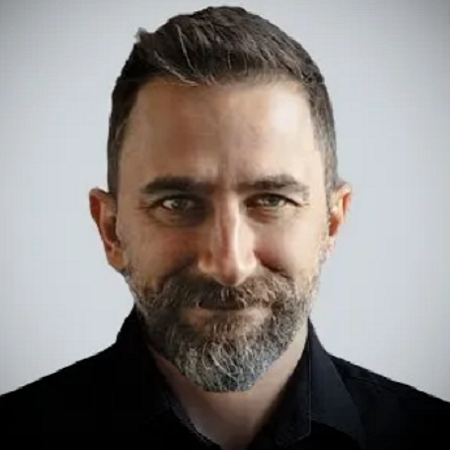Coping difficulties, for many, often have developed over a long period of time as a strategy to overcome the experience (and fears of) a loss of safety, connection and trust.
A common treatment option is known as Dialectical Behaviour Therapy (DBT). This is aimed at assisting those who, due to a series of negative events, relationships, and/or traumatic experiences, have challenges regulating their emotions and responses.
The people who most benefit from DBT have difficulties associated with the development of an under controlled coping style.
Another treatment option is known as Radically Open Dialectical Behaviour Therapy (RO-DBT) which has been designed to assist those who typically hold in their emotions and delay their responses, with an over controlled coping style.
What is under control and over control?
How we regulate ourselves is referred to as how we attempt self-control.
When faced with a problem or stressful situation, some people are likely to react with under control by experiencing and displaying heightened emotions such as anxiety or anger and responding with behaviours such as impulsivity or acting on their intense emotions.
Otherswhen faced with a similar stressful situation might respond by working to suppress their emotions such as anger or anxiety and respond with behaviours such as masking emotions, compulsive fixing and goal directed striving. This has been referred to as an over controlled coping style.
How do under controlled and over controlled coping styles develop?
These coping styles are understood to be the result of a unique combination of three factors;
- biological predisposition
- early life experiences (family and environment)
- the coping style that the individual develops in response to their biological predisposition and environment.
People with an under controlled coping style are likely to be biologically predisposed to be more sensitive, experience intense and long lasting emotions and find it hard to resist urges for impulsive or harmful behaviours.
People with an over controlled coping style are biologically predisposed to be overly threat sensitive, detail focused, and have a capacity to inhibit impulses and emotional displays.
Relationships and functioning is negatively impacted by rigid, rule-governed behaviour, being overly cautious, emotional masking and an aloof style of relating to others.
When overwhelmed, people with an over controlled coping style might experience an episode of “emotional leakage” and display behaviours typically associated with under control e.g. anger outbursts, self-harming or impulsive behaviours.
Is it better to be more under controlled or over controlled?
Habitual use of either an over controlled or under controlled coping style is likely to negatively impact psychological wellbeing, functioning at work, achieving valued goals and relationships.
The graph below illustrates that under control and over control are on opposite ends of the spectrum when it comes to self-control. The extremes of under or over control are both problematic.
DBT and RO DBT teach skills to develop “optimal self-control” and improve psychological wellbeing. DBT works to increase self-control and RO DBT works to increase flexibility and openness.

Which treatment is right for me: DBT or RO DBT?
Both DBT and RO DBT are effective treatments for a range of problems such as; depression, long standing anxiety, substance dependence, post- traumatic stress disorder (PTSD) and disordered eating.
Referral to a DBT or RO DBT group program is based on assessment by a health professional.
We offer assessment in the form of four sessions aimed at identifying over control or under control and assessing suitability for an evidence-based group program.
Make an enquiry
Do you want to find out more about our services or are your seeking help?
Complete an admissions enquiry and we'll be in touch.








